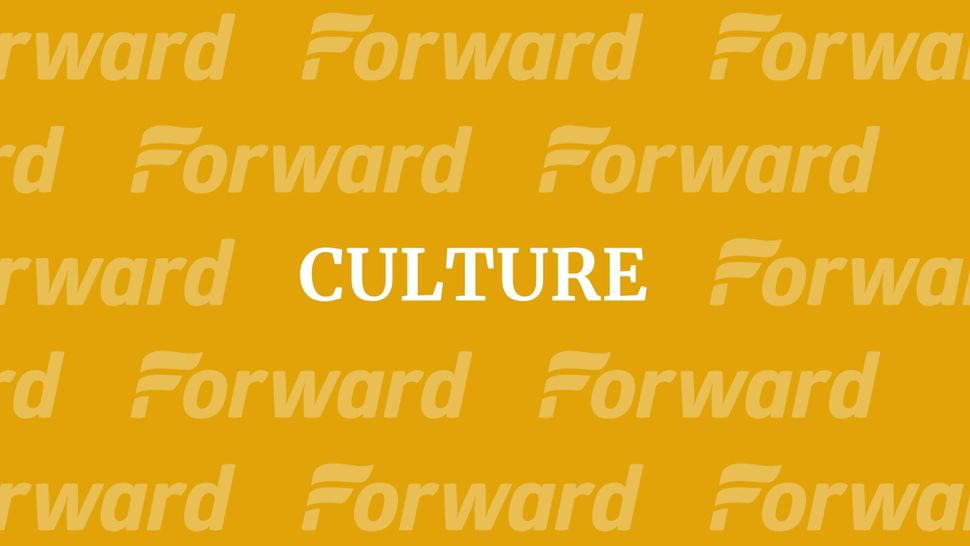Hobby Lobby’s Crusade To Take Over Public Education

Getty Images
Turns out Hobby Lobby’s challenge of the Affordable Care Act’s contraception mandate, which is now before the Supreme Court, is only one part of its crusade to blur the lines between church and state.
Steven Green, president of the craft store chain, has created a bible curriculum and now a public school district in Mustang, Oklahoma, near where the company’s headquarters are based, has agreed to test it out.
As David Van Biema reports in Religion News Service, the local school board recently voted to teach the first year of the museum of the Bible curriculum, a four-year public school elective all about the Good Book. This is part of the Green Scholars Initiative, which is funded by Hobby Lobby and aims to spread the gospel throughout public high schools across America.
The idea for the curriculum came out of the “430,000-square-foot museum of the Bible due to open in 2017 several blocks from the National Mall in Washington, D.C., that will feature objects from his family’s 44,000-piece collection of biblical artifacts.” Green wants his future visitors to understand what they are seeing.
Green has gone on record saying that his goals for the curriculum are to show that the bible is “true” and that its impact on “government, education, science, art, literature [and] family” has “been good.” With over $3 billion dollar in assets, the Green family, which owns Hobby Lobby, has the capital to make his message heard.
But what about the fact that the Supreme Court banned prayer in school in the 1960s? And their demand that the bible only be taught in a secular, objective and academic fashion? Meh. The process of determining what is objective and academic is a murky one, and we can count on the Greens to mine this muddiness for all its worth.
Religious education is a wonderful thing. I plan on sending my kids to Hebrew school and continue to study Jewish texts myself as an adult. But here’s the thing about religious education. It should be religious. As in, in a religious context. I strongly believe that one’s appreciation for these texts is heightened by reading them outside of a strictly academic context, where the moving stories and prose can have a deep emotional affect on the reader and inspire the big questions about the meaning of life. Processing them through an academic filter strips them of much of their immediacy and charge, also making them less likely to serve as the cornerstone of a community.
Green knows all this, of course. This is a man who has poured a considerable amount of his considerable wealth into projects that aim, in his words: “To bring to life the living word of God, to tell its compelling story of preservation, and to inspire confidence in the absolute authority and reliability of the bible.” Which is why my money is on him doing whatever it takes to make the bible study as least academic and completely Christian as possible. And that, as a woman and Jew, is utterly terrifying.
The Forward is free to read, but it isn’t free to produce

I hope you appreciated this article. Before you go, I’d like to ask you to please support the Forward.
Now more than ever, American Jews need independent news they can trust, with reporting driven by truth, not ideology. We serve you, not any ideological agenda.
At a time when other newsrooms are closing or cutting back, the Forward has removed its paywall and invested additional resources to report on the ground from Israel and around the U.S. on the impact of the war, rising antisemitism and polarized discourse.
This is a great time to support independent Jewish journalism you rely on. Make a gift today!
— Rachel Fishman Feddersen, Publisher and CEO
Support our mission to tell the Jewish story fully and fairly.
Most Popular
- 1

Fast Forward Ye debuts ‘Heil Hitler’ music video that includes a sample of a Hitler speech
- 2

Opinion It looks like Israel totally underestimated Trump
- 3

Culture Cardinals are Catholic, not Jewish — so why do they all wear yarmulkes?
- 4

Fast Forward Student suspended for ‘F— the Jews’ video defends himself on antisemitic podcast
In Case You Missed It
-

Culture How one Jewish woman fought the Nazis — and helped found a new Italian republic
-

Opinion It looks like Israel totally underestimated Trump
-

Fast Forward Betar ‘almost exclusively triggered’ former student’s detention, judge says
-

Fast Forward ‘Honey, he’s had enough of you’: Trump’s Middle East moves increasingly appear to sideline Israel
-
Shop the Forward Store
100% of profits support our journalism
Republish This Story
Please read before republishing
We’re happy to make this story available to republish for free, unless it originated with JTA, Haaretz or another publication (as indicated on the article) and as long as you follow our guidelines.
You must comply with the following:
- Credit the Forward
- Retain our pixel
- Preserve our canonical link in Google search
- Add a noindex tag in Google search
See our full guidelines for more information, and this guide for detail about canonical URLs.
To republish, copy the HTML by clicking on the yellow button to the right; it includes our tracking pixel, all paragraph styles and hyperlinks, the author byline and credit to the Forward. It does not include images; to avoid copyright violations, you must add them manually, following our guidelines. Please email us at [email protected], subject line “republish,” with any questions or to let us know what stories you’re picking up.
















